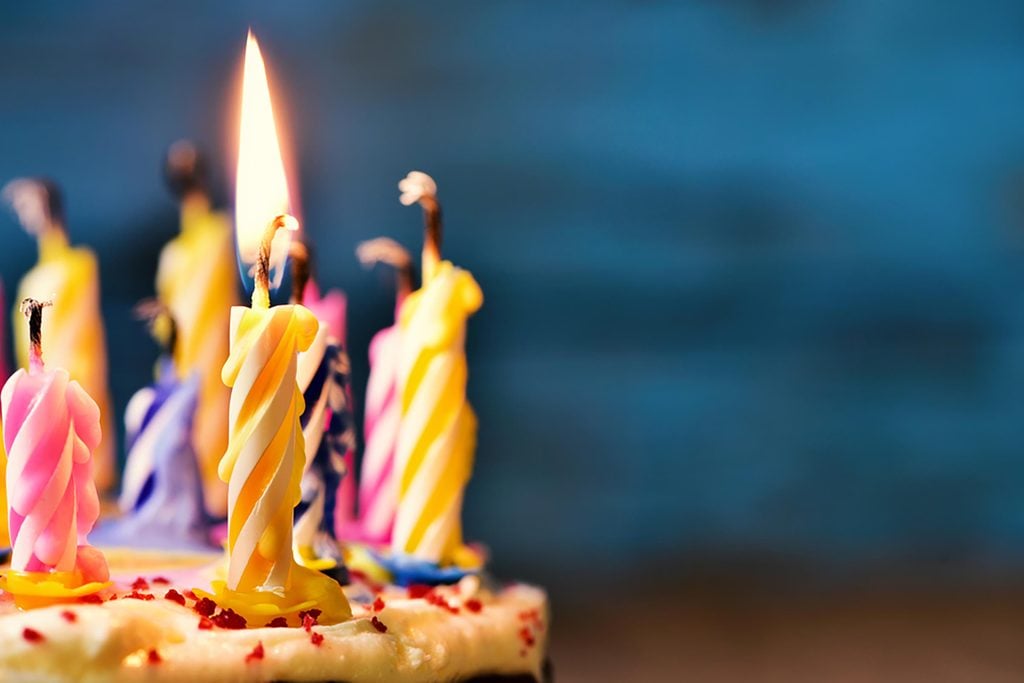Uh Oh. Research Shows Death Has a Thing for Birthdays.
Updated: May 04, 2023
Happy deathday to you.

When William Shakespeare coined the phrase “come full circle” in act five of King Lear, he could not have known how perfectly the words would fit his own history. Within a decade of penning the play, Shakespeare died of unknown causes on his 52nd birthday: April 23, 1616. A few days later, his body was laid to final rest below the same Stratford church where he had been baptized in the spring of 1564. The wheel of fate had come, in the bard’s own words, full circle.
What might seem in Will’s case like a cosmic joke—or at least a supremely unlucky one-in-365 chance dice roll—is actually a shockingly common phenomenon. A survey of nearly 40 years of mortality statistics from the University of Zurich shines a candle on this grim paradox: Across the 2.4 million deaths examined, researchers found that the average person was 13.8% more likely to die on their own birthday than any other day of the year. For persons over the age of 60, that number rose to 18%.
Eating These Foods Can Lead to Premature Death, Says New Study
This may seem counter-intuitive on paper, but a deeper look into the reported causes of birthday deaths makes a sad amount of sense. For starters, the report shows that deaths by heart attack rose by 18.6% on birthdays, and deaths by stroke rose 21.5%. Suicides (especially in men) spiked nearly 35% higher on birthdays. And perhaps most telling of all, deaths by falling down increased 44% on birthdays (again, mainly for the men).
How to explain this? The likeliest answer is that people are simply more likely to eat and drink in excess around their birthdays, and as we get on in years (the study focused on subjects 40 years old and older) all that unchecked revelry takes a greater toll on our bodies.
This Is the Alcoholic Drink That’s Least Harmful to Your Liver, Says a Liver Doctor
But there is another phenomenon at play beyond pure indulgence. The Zurich team found that cancer fatalities also rose by 10% on birthdays, and rose even higher on the day after birthdays. To explain this, psychologist Richard Wiseman submits another hypothesis: “[It’s] a placebo effect,” Wiseman told the Telegraph. “You are knife-edged on death, and you kept yourself going until your birthday. You think, ‘that’s it, I’ve had enough, I’m out of here’.”
Some call this the “postponement” theory. A person suffering a severe illness may naturally pick their next birthday as a waymarker for survival, and then, having passed it, slip away peacefully. There is an admirable resiliency to this impulse, be it for the sake of gathering with friends and family one more time, or simply an inherent, competitive desire to reach the next level. And when it’s done, it’s done. To paraphrase our friend Shakespeare again: “Out, out brief birthday candle!”















